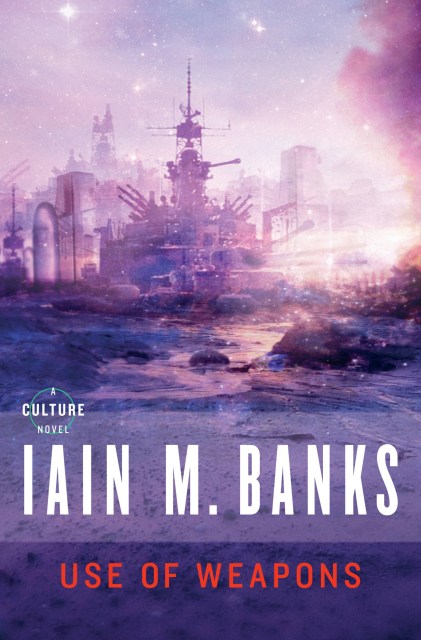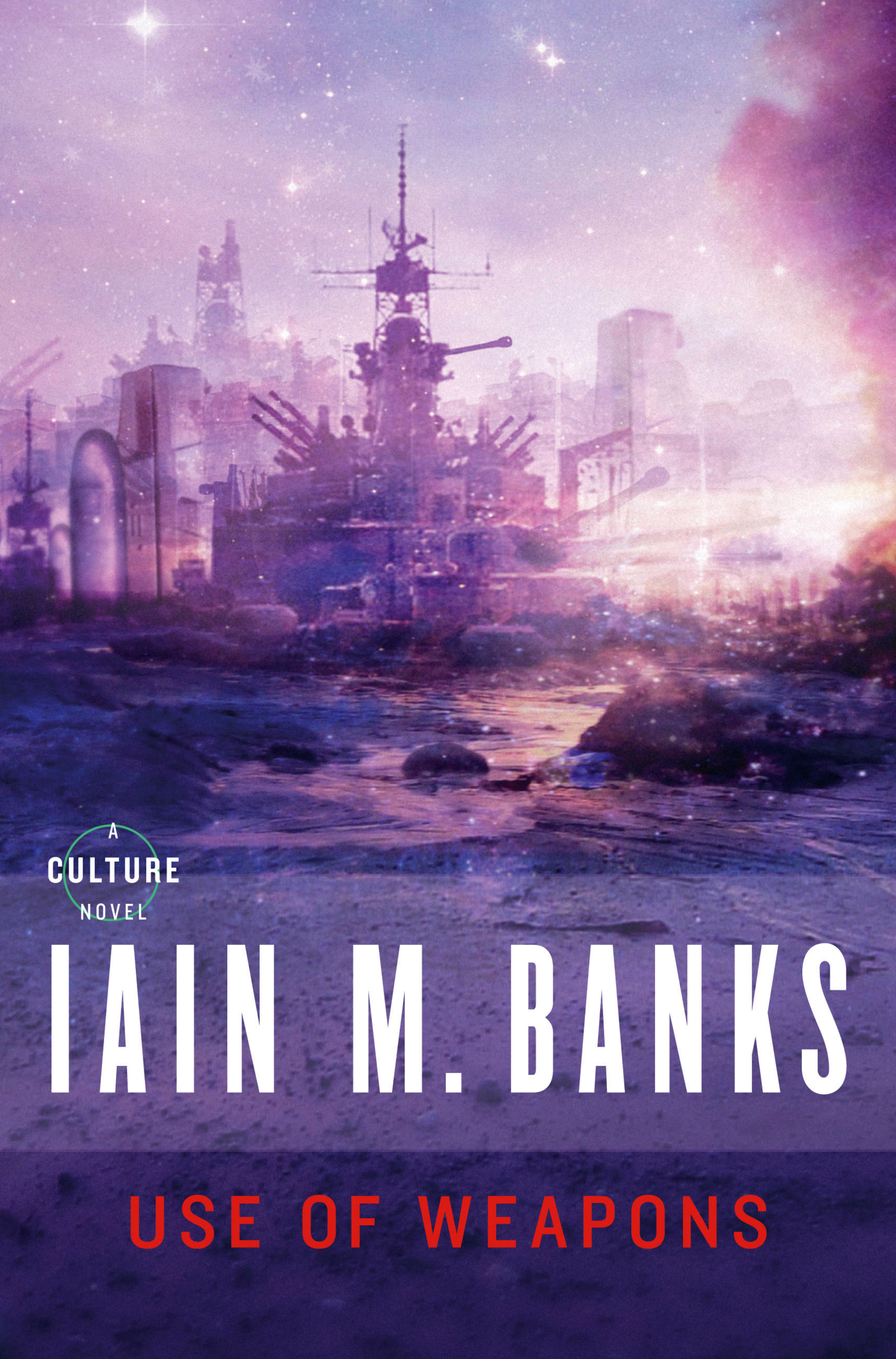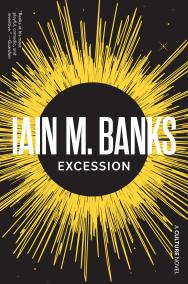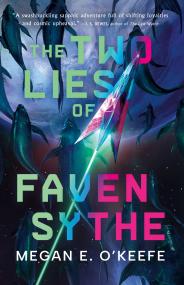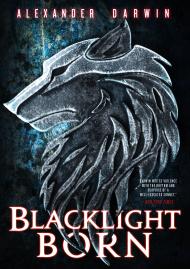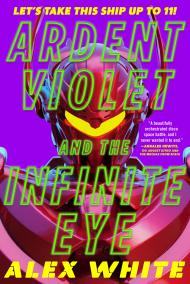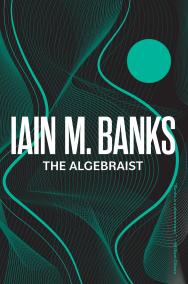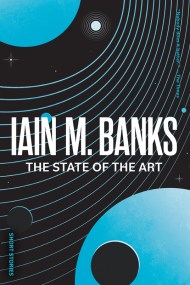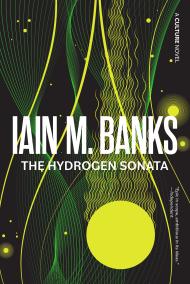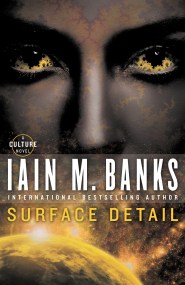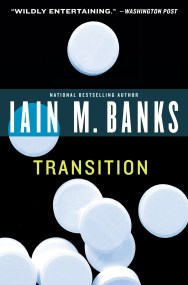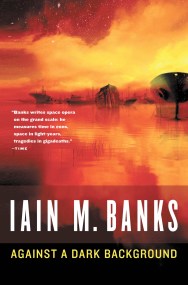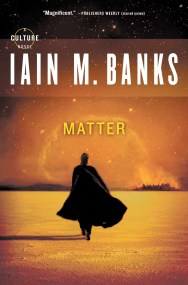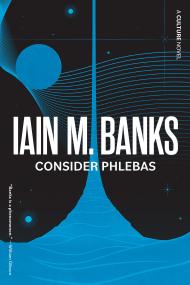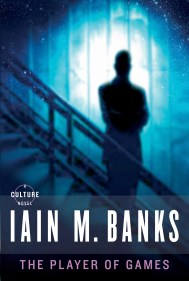By clicking “Accept,” you agree to the use of cookies and similar technologies on your device as set forth in our Cookie Policy and our Privacy Policy. Please note that certain cookies are essential for this website to function properly and do not require user consent to be deployed.
Use of Weapons
Contributors
Formats and Prices
- On Sale
- Jul 28, 2008
- Page Count
- 512 pages
- Publisher
- Orbit
- ISBN-13
- 9780316030571
Price
$19.99Format
Format:
- Trade Paperback $19.99
- ebook $9.99
- Audiobook Download (Unabridged) $31.99
This item is a preorder. Your payment method will be charged immediately, and the product is expected to ship on or around July 28, 2008. This date is subject to change due to shipping delays beyond our control.
Buy from Other Retailers:
The woman known as Diziet Sma had plucked him from obscurity and pushed him towards his present eminence, but despite all their dealings she did not know him as well as she thought.
The drone known as Skaffen-Amtiskaw knew both of these people. It had once saved the woman’s life by massacring her attackers in a particularly bloody manner. It believed the man to be a lost cause. But not even its machine could see the horrors in his past.
Ferociously intelligent, both witty and horrific, Use of Weapons is a masterpiece of science fiction.
The Culture Series
Consider Phlebas
The Player of Games
Use of Weapons
The State of the Art
Excession
Inversions
Look to Windward
Matter
Surface Detail
The Hydrogen Sonata
Series:
Newsletter Signup
By clicking ‘Sign Up,’ I acknowledge that I have read and agree to Hachette Book Group’s Privacy Policy and Terms of Use
